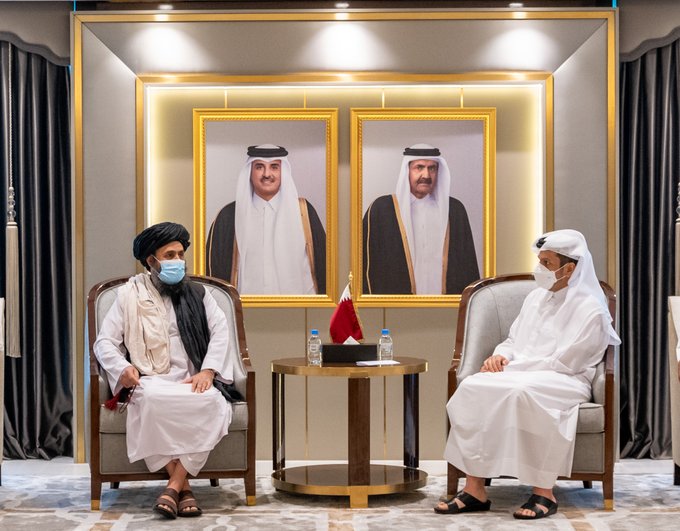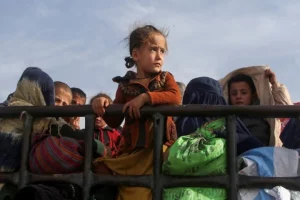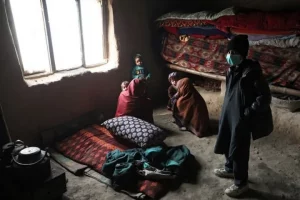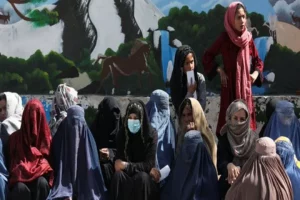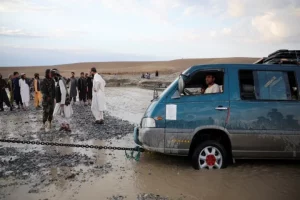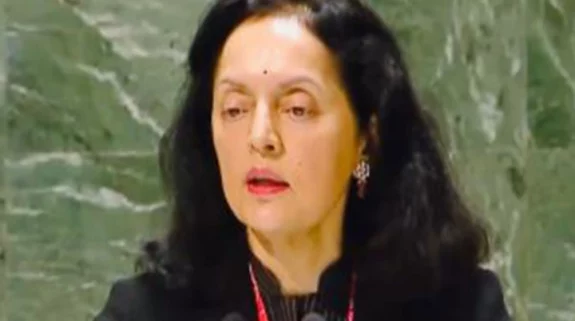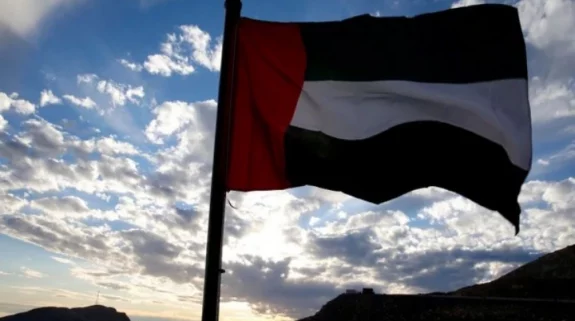Regional powers, irrespective of size, are vying with each other to fill in the power vacuum in Afghanistan caused by the US retreat from the Hindukush mountains and the Taliban’s dramatic takeover of Kabul on Sunday.
Countries which have been a tiny blip on the map have emerged as prime influencers in the new Great game that is being played in the heart of Eurasia.
In the new pecking order, the tiny Emirate of Qatar, which has in the last decade punched far beyond its weight has stolen the limelight as the Taliban rivuleted into Kabul and the Americans hastily rushed to Kabul airport to mark an unceremonious exit. The images of a superpower in retreat that followed marked a pivotal moment in the world’s perception, including of its allies of Washington’s fragility as the impregnable fortress of international security.
Also read: Will Iran support guerrilla warfare to restore military balance in Afghanistan?
Qatar was seriously in the Afghan game for long, and visibly so, after it hosted the Taliban international office in Doha in 2013. The Qatari capital then on became the hub of a simmering Afghan transition that culminated on Sunday in Kabul. Due to the extensive networks of influence that it has assiduously accumulated over the years, buttressed by its enormous wealth, gas-rich Qatar has emerged as the power-broker- in- chief in Kabul. Its self-confidence is visible in Qatar’s statement when its foreign minister Sheikh Mohammed bin Abdulrahman Al-Thani told a news conference in the Jordanian capital Amman: "There is international concern about the fast pace of developments and Qatar is doing its utmost to bring a peaceful transition, especially after the vacuum that happened."
Afghanistan’s next door neighbour Iran has quickly adapted to the changed geopolitical circumstance, and is ready to play a major role under the new geopolitical circumstance. Already, the Iranians known for their long tradition of seasoned statecraft have waved the olive branch at the Taliban—a group they hated but kept engaged even during the group’s years in the wilderness.
Iran has offered its services as diplomatic peacemaker to usher a smooth transition in Kabul marshalled by the Taliban. “The Islamic Republic of Iran will continue its efforts to (help realize) reconciliation in Afghanistan,” Iran’s top diplomat Javad Zarif tweeted on Sunday.
Also read: Panjshir, once the hub of the anti-Taliban resistance, vows to fight back
Behind their velvety demeanour, the Iranians have sufficient reserves of firepower just in case the wily Taliban do not play ball. The Fatimyoun brigade comprising battle-hardened Afghan refugees , trained on the lines of the Lebanese Hezbollah, which has tasted combat in the Badlands of SyRaq (Syria and Iraq)is at the command of the Islamic Revolutionary Guard Corps (IRGC), and can be unleashed if required. The Afghan warlord Ismail Khan, the “lion of Herat” was pictured in Mashhad, Iran’s spiritual oasis, after the Taliban overran the Afghan border city last weekend. Though aging, Khan is now Iran’s strategic asset who might come in handy, should the internal situation in Kabul take yet another tumultuous turn in the cloak- and- dagger politics of turbulent Afghanistan.
Turkey is also in overdrive to dig-in inside Kabul and “Sultan” Erdogan, infused with Ottoman pride is looking for help from Pakistan. Islamabad is too deeply invested in the Taliban, but yet could expect a blowback should the Taliban mutate into a Pashtun nationalist force, with eyes on Pashtun territory beyond the Durand line.
India, China and Russia have no choice but to remain riveted to Afghanistan for reasons of security, geo-economics and more. India will not accept a Pakistan dominated Afghanistan, which can jeopardise not only New Delhi’s security but pose an existential threat to the Union in its present form. China needs to stay in Afghanistan to extend and safeguard an extended China Pakistan Economic Corridor and prevent the use of Afghan soil to inflame a Uyghur insurgency in the Xinjiang region, the heart of Beijing’s ultra-ambitious Belt and Road Initiative (BRI). Russia cannot afford the spread of terrorism, radiating from Afghanistan into Central Asia, its backyard. For that matter, neither can it afford China intrusion into the hallowed steppes of Central Asia from the Afghan bridgehead. Welcome to post-US Eurasia, where fear, promise and chaos collide.






